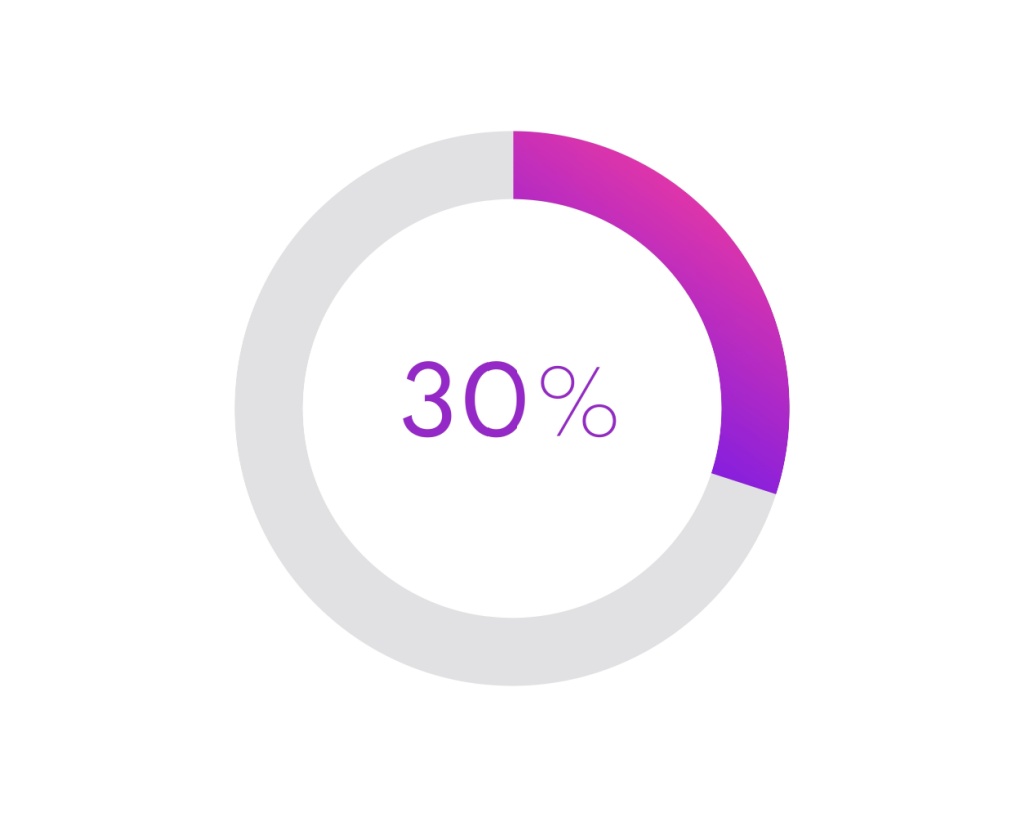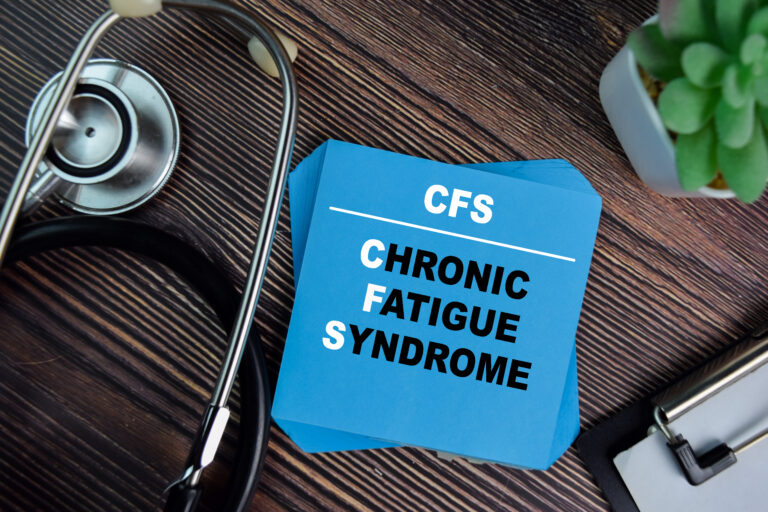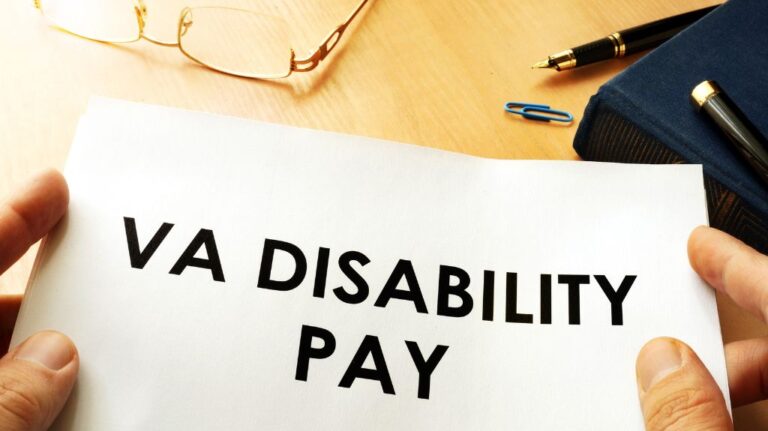What Does 30% VA Disability Get a Veteran?
A 30% VA disability rating signifies that a service-connected condition moderately impacts a veteran’s everyday life and earning capacity. This rating unlocks a range of benefits designed to support veterans’ well-being and financial security. Here’s a breakdown of what a 30% VA disability rating entails:
Financial Compensation for 30% VA Disability
- Monthly Payments: The most direct benefit is a tax-free monthly payment from the VA. The exact amount depends on the veteran’s dependents. You can find the current rates here. For example, a veteran with no dependents in 2024 receives $586.31 per month with a 30% rating.
- Increased Compensation for Dependents: Veterans with a 30% rating or higher become eligible for additional compensation for qualified dependents like spouses and children. This can significantly increase the total monthly payout.

Healthcare for 30% VA Disability
- Priority for VA Healthcare: Veterans with a 30% disability rating receive priority scheduling for appointments at VA medical centers. This can be crucial for veterans managing chronic health conditions.
- Expanded Healthcare Services: A 30% rating unlocks a wider range of VA healthcare services. This can include access to specialists, mental health services, prosthetic devices, and rehabilitative programs depending on the specific needs of the veteran’s condition.
- Prescription Medications: The VA covers the cost of prescription medications for service-connected disabilities, reducing a significant financial burden for veterans with ongoing medical needs.
Other Benefits for 30% VA Disability
- Education Benefits: Veterans with a 30% rating or higher may qualify for increased benefits under the GI Bill, such as extended eligibility and potentially higher tuition payments.
- Vocational Rehabilitation: The VA offers vocational rehabilitation programs to help veterans with service-connected disabilities find suitable employment. This can include job training, career counseling, and assistance with starting a business.
- Life Insurance: Veterans with a service-connected disability may qualify for discounted rates on VA life insurance, providing peace of mind for themselves and their families.
- Home Loan Benefits: A 30% disability rating may qualify a veteran for a waiver of the VA funding fee when applying for a VA home loan. This can save veterans thousands of dollars when purchasing a home.
Additional Considerations for 30% VA Disability
- Combined Ratings: Veterans with multiple service-connected disabilities may have their ratings combined, potentially resulting in a higher overall disability rating and increased benefits.
- Increasing Your Rating: If a veteran’s condition worsens or new evidence emerges, they can file for an increased disability rating. The VA will re-evaluate the veteran’s condition and adjust their benefits accordingly.
- Seeking Assistance: The VA claims process can be complex. Veterans service organizations like the American Legion or Veterans of Foreign Wars can offer valuable assistance in navigating the system. Additionally, accredited veterans service officers can represent veterans during the claims process.
A 30% VA disability rating is a significant step towards receiving the support veterans deserve. It acknowledges the impact of a service-connected condition and provides tangible benefits to help veterans live a fulfilling life after service.
However, it’s important to remember that every veteran’s situation is unique. It’s crucial for veterans to explore all available benefits and seek assistance if needed. By understanding their rights and utilizing available resources, veterans with a 30% disability rating can access the support system they’ve earned through their service.
Having a VA disability attorney look into and assist with your case can greatly improve your chances of ultimately being approved for benefits.
A VA benefits attorney can be a powerful asset in securing the benefits you deserve. They possess in-depth knowledge of the VA claims process and the intricacies of disability ratings.
An attorney can help gather evidence to strengthen your case, ensure proper paperwork is filed, and advocate for your rights during appeals if necessary. Their expertise can navigate the complexities of the VA system, maximizing your chances of a successful claim and ensuring you receive the full range of benefits you’ve earned through your service.
Increasing from 30% VA Disability
A 30% VA disability rating offers valuable benefits, but if your condition has worsened, you may qualify for a higher rating and increased support. Here’s how to pursue an increase:
Gather Evidence
- Medical Records: Obtain recent medical records from both VA and private doctors documenting how your condition has progressed. This should include doctor’s notes, test results, and treatment plans.
- Statements: Seek statements from healthcare providers outlining the severity of your condition and its impact on your daily life. Family members or friends who witness your limitations can also provide supportive statements.
- Research: Familiarize yourself with the VA’s Disability Rating Schedule (DRS) for your specific condition. This helps understand the criteria for higher ratings.
Prepare Your Claim
- VA Form 21-526EZ: Utilize the VA Form 21-526EZ application to formally request an increased disability rating.
- Organize Evidence: Clearly present all your gathered evidence alongside the application, ensuring a strong case.
Seek Assistance
- VA Service Organizations: Veterans service organizations can provide guidance and support throughout the process.
- VA Benefits Attorney: Consider consulting a VA benefits attorney specializing in disability claims. Their expertise can significantly improve your chances of success.







